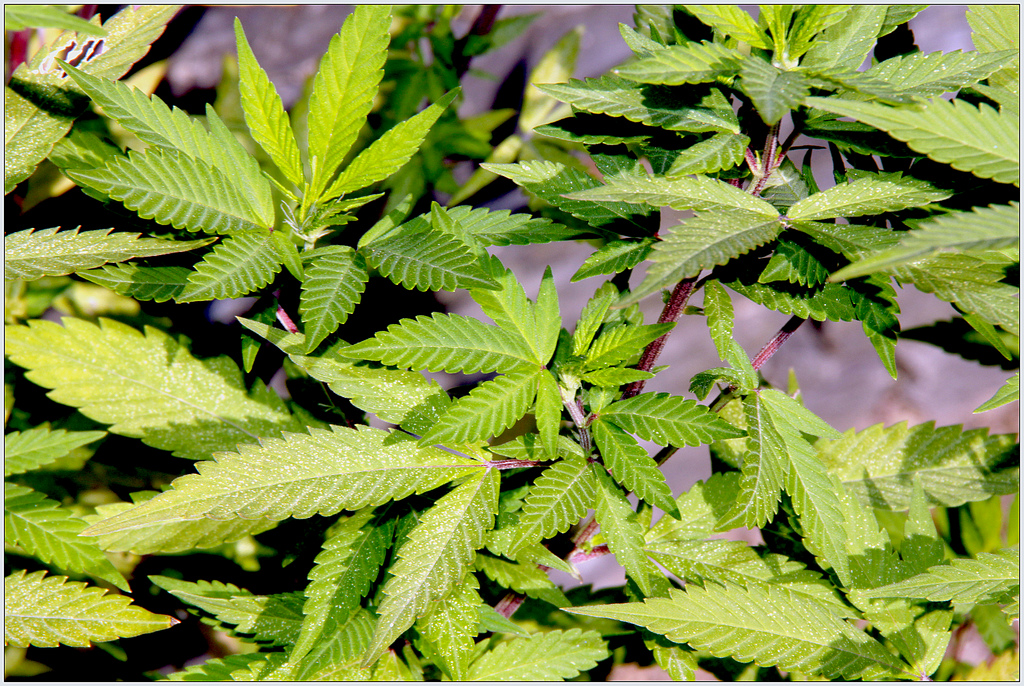
Legalising cannabis is a contentious issue that the government can no longer sweep under the carpet.
TD Luke Ming Flanagan’s Cannabis Regulation Bill 2013 was published recently, a radical piece of legislation especially for a country that bans purchasing wine after 10pm on weekdays. The Irish government must decide whether or not to follow their European counterparts, the Dutch, and decriminalise the Class B drug.
If enacted, the Bill would allow people to buy cannabis or cannabis infused products for medicinal or recreational use. These products would be found in “not for profit” cannabis coffee shops and social clubs. The Cannabis Regulation Authority would distribute licenses for the cultivation and sale of the plant. Anyone over 18 would be able to buy cannabis. No greater than an ounce of cannabis could be sold in any one transaction.
In an attempt to tackle illegal drug activity, the Irish Government introduced Head Shops in 2010 which backfired tremendously. It also put most people off the topic of legalising any drug again. Now, however, the government may be looking at the effects that legalising cannabis has had in other European countries.
Since the 1970s the Netherlands have had a tolerant attitude towards the use and sale of cannabis. Though not quite legal, the country’s “coffee shops” are allowed do business. Due to this leniency the Netherlands is known as a drugs tourist hotspot, attracting students, stag parties and other tourists annually. But in 2012 a law stopped cannabis retailers from selling to foreign visitors. The law was enforced in some southern cities.
If the Bill is enacted here there are measures to prevent drug tourism in Ireland under Section 44. The measures aren’t particularly stringent. The purchaser of cannabis would only need proof they’re a citizen of the EU or legally resident in the state of Ireland.
If cannabis is legalised in Ireland Luke Ming Flanagan estimates that up to €300 million could be generated from tax revenue and the freeing up of resources such as the Gardai time spent policing cannabis sale. The Dutch economy has benefited from the retail of cannabis. In 2008, a Telegraph article reported that the country’s 730 coffee shops pay more than €300 million in tax annually.
Many people’s main concern is that cannabis is a gateway drug to more dangerous narcotics. Drug related deaths in the Netherlands are relatively low for a country of over 16 million inhabitants. According to the UN World Drug Report 2012, drug related deaths in the Netherlands in 2010 were between 5 and 15 per million people among 15-64 year olds.
The Netherland’s cannabis laws have had some negative effects. When the government tried to crack down on drug tourism, the “coffee shop” owners revolted. Also due to its tolerant policy, the country is considered a safe haven by some foreign gangs.
Now it’s up to the Irish political parties to weigh up the pros and cons of legalising cannabis. The debate begins on November 5th in the Dáil.
Martina Brophy

Leave a Reply